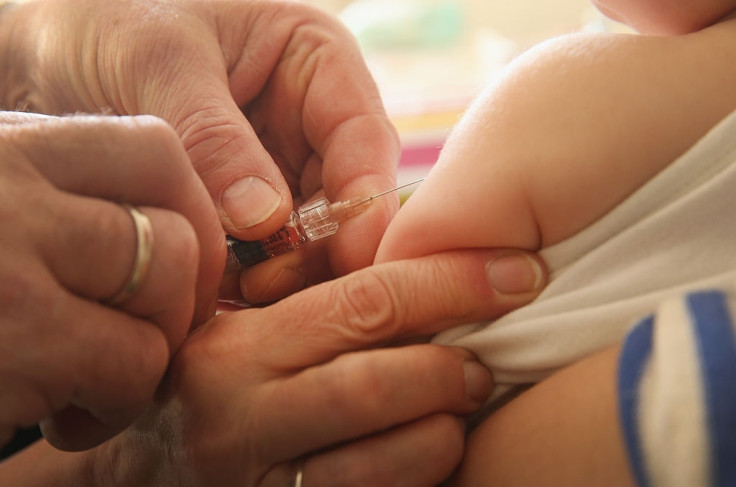MIT's new technology could deliver multiple drug doses in a single injection
The technology stores multiple doses in the body and releases them later at different intervals.

Engineers at MIT have developed a new vaccination technology, which delivers multiple drug doses with a single injection. Also, the doses after being stored in the body can be released automatically at a specified time.
The idea here involves usage of microscopic capsules, which are injected into the body with multiple doses and their boosters. The biodegradable capsules carry the drug and keep it in store for release. The method is still in the works and has only been tested on mice, but soon it could be used to administer multiple drugs for different diseases with just a single hit.
The microcapsules, or "coffee cups" are made from polylactic-co-glycolic acid (PLGA), an FDA approved polymer used in prosthetics and implants. The polymer can be set to degrade in the body at different rates (with some molecular changes), allowing a drug to be delivered over a long period of time.
The scientists created microscopic capsules using the polymer and silicon moulds and filled each container with a drug and heat-sealed a lid over each one to keep them from leaking before the scheduled breakdown.
The findings from the mice test, published in Science journal, revealed the cups delivered the dose perfectly, breaking down just when the scientists wanted – 9, 20 and 41 days after injection.
"We are very excited about this work. For the first time, we can create a library of tiny, encased vaccine particles, each programmed to release at a precise, predictable time, so that people could potentially receive a single injection that, in effect, would have multiple boosters already built into it," said MIT Professor Robert Langer, who led this study.
"This could have a significant impact on patients everywhere, especially in the developing world where patient compliance is particularly poor."
The method could offer some vast-spanning benefits, particularly for infants who are given numerous injections after birth and adults who have to take regular vaccines for diabetes or other serious allergies.
But, the all-in-one capsule is still at a nascent stage. Several tests are underway to build on the idea, but before moving from mice to human trials, the engineers would look to extend the life of these cups (at human body temperature) to at least couple of years.
© Copyright IBTimes 2025. All rights reserved.





















